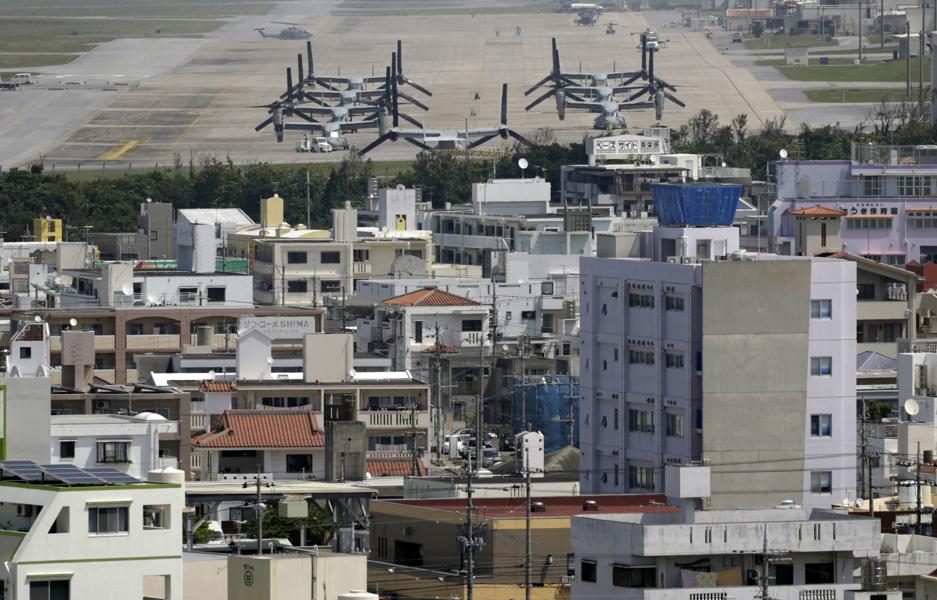
TOKYO — Japan and the United States have agreed in principle on guidelines for limiting immunity from Japanese prosecution for civilian workers at American military bases, after a murder case this year on a southern Japanese island that involved a Marine-turned-contractor, officials said Monday.
Since July, the governments have been negotiating several points concerning US civilian contractors at American bases who are subject to protection under the countries’ Status of Forces Agreement.
Japanese Foreign Minister Fumio Kishida said the two sides agreed on how to define what constitutes a ‘‘civilian contractor’’ at a US base and hope to sign the agreement ‘‘during President Obama’s term.’’
The May arrest of the base contractor, accused of raping and murdering a 20-year-old woman, renewed outrage on Okinawa, where resentment has been simmering over the island’s heavy US troop presence.
That prompted Tokyo and Washington to try to establish a clearer definition of ‘‘civilian base workers.’’
In July, the two sides said base contractors, now described vaguely as having a ‘‘civilian component,’’ will be classified in more specific terms, to exclude from preferential treatment those without skills and those who are residents of Japan, such as the suspect in the April murder case.
About 50,000 US troops are stationed in Japan under a bilateral security agreement, more than half of them based on Okinawa. In addition, 7,000 Americans employed as civilian contractors were at US military bases in Japan as of March.
The Status of Forces Agreement, originally signed in 1960, gives US military personnel and civilians employed at American bases in Japan immunity from Japanese criminal procedures for accidents or crimes while on duty or on base. It also allows the US military to hold suspects on base until formal indictment by Japan. Okinawan authorities say the rule denies them proper access to investigate crimes.



